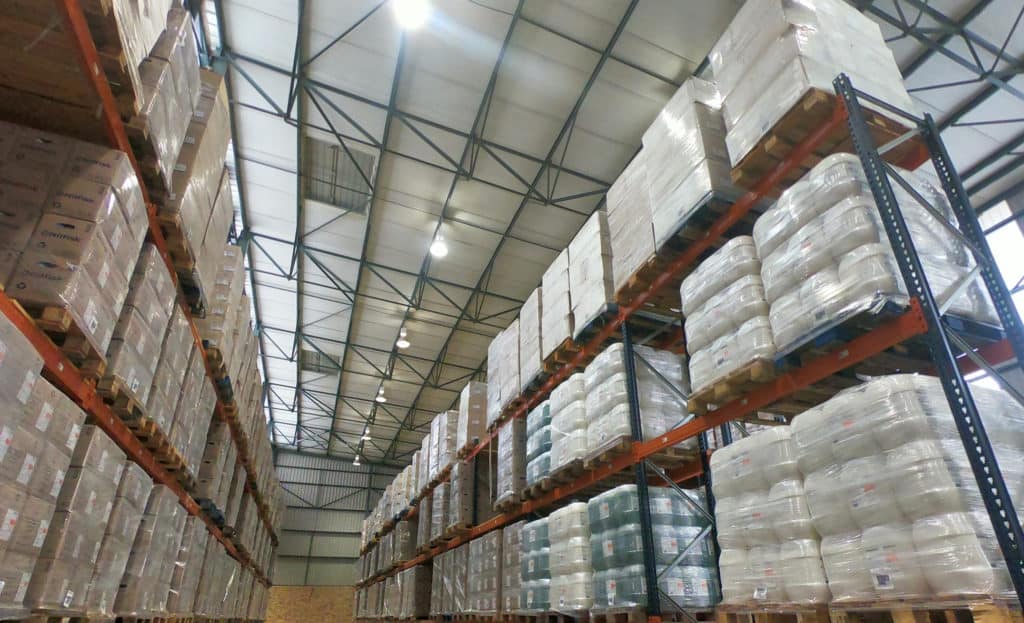Blogs
Ethics and regulations key to sustainable business practice in cleaning industry
Every industry has the responsibility to ensure that Safety, Health, Environmental and Quality (SHEQ) standards are adhered to. This influences not only the success of the business, but also has an effect on the people they employ, and the environmental and sustainable targets which must be met.
Managing Director of Industroclean, Emma Corder, says that compliance is a huge task for businesses to tackle, regardless of whether it’s compulsory or voluntary. She believes that businesses and customers stand to benefit in the long run, due to steps put in place to ensure their overall wellbeing and that of the environment, which is why she is committed to making her business fully compliant.
She explains that when it comes to compliance in the detergent manufacturing industry, a distinction needs to be made between legal compliance and voluntary compliance. Legal compliance refers to all the relevant Acts, Regulations and Municipal By-laws that a company in this sector would need to abide by.
The Occupational Health and Safety Act 85 of 1993 (OHS) serves to regulate and control health and safety in the workplace.
The National Environmental Management Act 62 of 2008 (NEMA) aims to make provision for co-operative environmental governance by establishing principles for decision-making on factors that affect the environment.
The Hazardous Substances Act 15 of 1973 (HSA) makes provisions for the control of substances which may injure or cause death, due to their toxic characteristics, and prescribes rules for manufacturing, usage and disposal of these hazardous materials.
The Compulsory Specification for Chemical Disinfectants (VC8054) looks at what is required for chemical disinfectants for all disinfecting surfaces.
“Voluntary compliance standards, on the other hand, are those standards that make a company stand out above its competitors and demonstrate the commitment of its Executive Management to ensure improvement and regulatory compliance,” she adds.
“There are many certifications that are voluntary and provide assurance to customers that the products they purchase are compliant. The voluntary certifications that we comply with are the South African National Standards (SANS) 1828: Cleaning chemicals for the use in food industry and South African National Standards (SANS) 1853: Disinfectants and Detergent Disinfectants for use in the food industry. A lot of work is currently going into developing and revising standards with the SABS for our industry.”
“Acts and regulations are critical to ensure the safety of our employees, users of our products and the environment,” she says. “They provide the framework of how our industry produces, stores and transports the products that we offer. It’s true that there are companies that disregard these Acts and Regulations, however, Industroclean chooses to act with integrity, as stipulated in Industroclean’s Code of Ethics.”
Corder says that businesses have a legal obligation to establish and meet health, safety and environmental standards. “Being compliant shows your customers and your suppliers that you are being responsible”. The standards relevant to the detergent manufacturing industry are the ISO 11014:2010 Safety Data Sheets for Chemical Products or the SANS 10234 Globally Harmonized Systems of Classification and Labelling of Chemicals. SANS 1828:2017 Cleaning Chemicals for Use in the Food Industry and SANS 1853:2017 Disinfectants, Detergent-Disinfectants and Antiseptics for use in the Food Industry have, according to Corder, proven to be critical standards for the detergent manufacturing industry.
“It is advisable that businesses sign up with a compliance specialist relevant to their industry, who would play an expert advisory role,” Corder advises. “Because we supply the food industry, it is expected, as far as reasonably possible, that we implement or support our customers with the standards that they have to comply with.”
Corder recommends that companies make sure that their employees are aware of the required SHEQ standards. “Training staff can be quite challenging. You need to explain the regulations clearly so that everyone understands. It’s definitely important for all staff to be up-to-date.”


